
Carleton University
Through its Centre for Aboriginal Culture and Education (CACE), the university offers a variety of programs, including an Aboriginal Graduate Honouring Ceremony, a Storyboot School (to teach the Aboriginal traditional art and timeless skill of crafting moccasins by hand), and a Visiting Elders program. The university also offers programs on Indigenous Studies and Indigenous Policy and Administration.
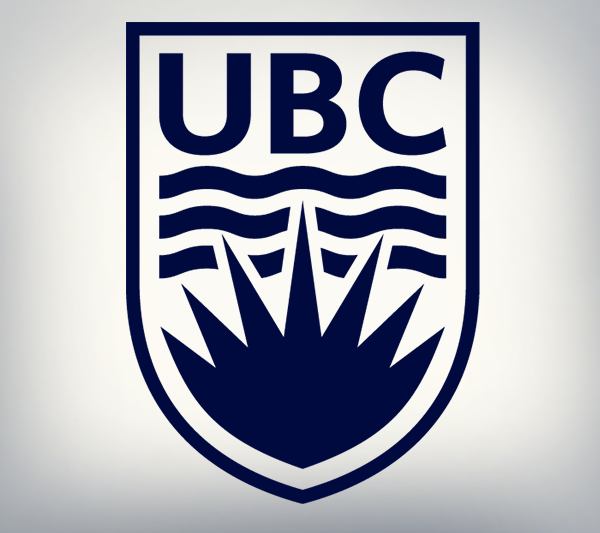
University of British Columbia
The university’s Reporting in Indigenous Communities website, created by CBC reporter and visiting Ryerson professor Duncan McCue, helps journalists decolonize journalism. It includes a guide (to help students research and pitch stories, gather information and present their stories) and a reporter’s checklist (for use at the desk, in the field, and on the air).

First Nations University of Canada
Saskatchewan’s First Nations University of Canada (FNUC) attracts Aboriginal students looking for an alternative to mainstream Canadian universities, where they often make up only one percent. About 80 percent of Aboriginal youth never make it to college or university. FNUC provides a holistic educational experience and students say they are drawn there because of the curriculum (which incorporates Aboriginal issues) and the supportive community.
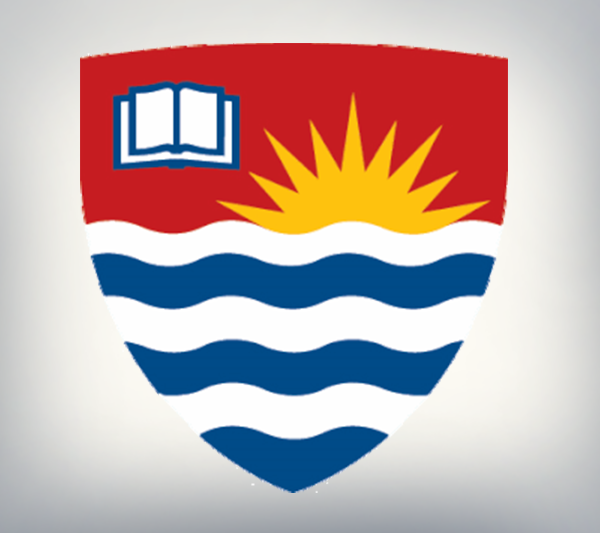
Lakehead University
Since September 2016, all undergraduate degree programs include an Indigenous Content Requirement. Students must complete at least one 0.5 Full Course Equivalent course containing at least 18 hours of Indigenous knowledge and/or Aboriginal content.
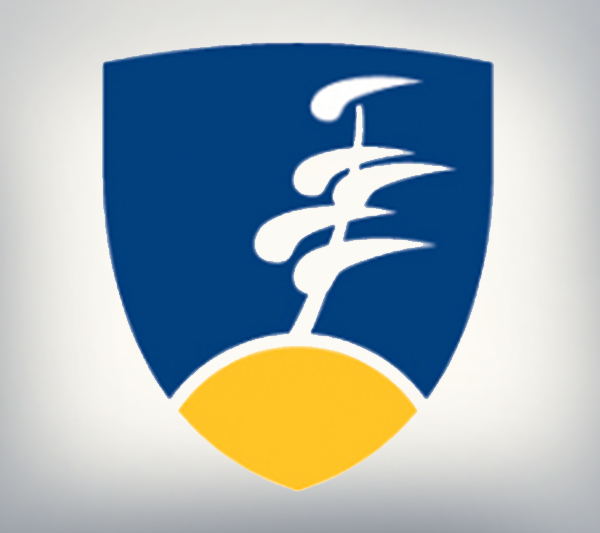
Laurentian University
Starting in September 2017, all students in the Bachelor of Arts program will be required to complete six credits of courses with Indigenous content. Departments and schools in the Faculty of Arts offer a variety of courses, including The Colonial Struggle, Indigenous Literatures, Indigenous Oral Storytelling, Advanced Cree, and Canadian Politics and Inuit Peoples.
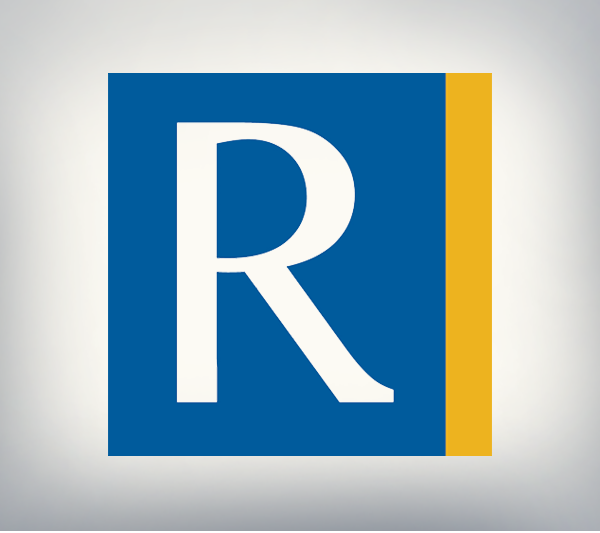
Toronto Metropolitan University
The university offers a certificate program in Aboriginal Knowledges and Experiences and has a long-standing partnership with the First Nations Technical Institute. During a community ceremony and celebration on March 30, 2012, the university was presented with an Eagle Staff, the traditional flag of Indigenous peoples that takes precedence over all other flags. Ryerson is the first and only university in Ontario to receive one.
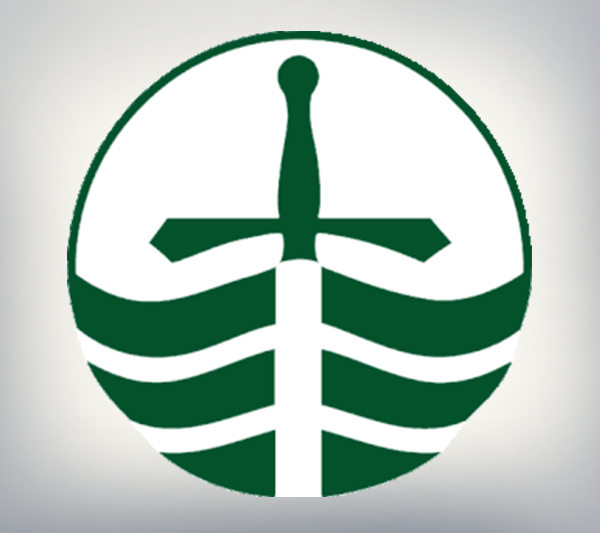
Trent University
The university’s Department of Indigenous Studies began in 1974 as the Department of Indian and Eskimo Studies. It is the oldest department of its kind in North America and has evolved into several new and unique academic programs, including Foundations of Indigenous Learning and Indigenous Environmental Studies.
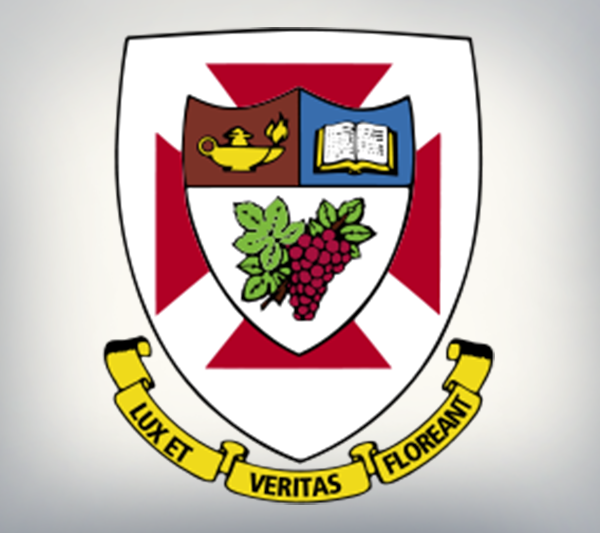
University of Winnipeg
The university requires that undergraduate students take a three-credit course on Indigenous knowledge. It offers a variety of degree and diploma programs specifically to meet the evolving needs of First Nation, Metis, and Inuit students: language courses in Ininew (Cree) and Anishnabemowin (Ojibway), a Master’s in Development Practice in Indigenous Development, a Master of Arts in Indigenous Governance, a Bachelor of Arts in Indigenous Studies, a Community-Based Aboriginal Teacher Education Program, an Indigenous Spiritual and Pastoral Care Diploma, and more.
